Transgender members of the U.S. Air #Force sue over losing retirement pay.
The lawsuit, filed in federal court Monday, comes several months after the Air Force confirmed that it would deny all transgender service members who have served between 15 and 18 years the option to retire early and would instead separate them without retirement benefits.
It is just the latest in a series of legal challenges to the Trump administration’s policies that have sought to push transgender troops out of the military since the early days of his second term. The U.S. Supreme Court in May, however, allowed the ban on trans troops to be enforced while legal challenges proceed.
According to GLAD Law, one of the advocacy groups that helped bring the lawsuit, service members affected by the policy will now face a loss of up to US$2 million owed for their service over the course of their lifetimes in addition to the loss of health insurance benefits.
Michael Haley, a staff attorney with the group, said the revocation of the early retirement benefits was part of “the general cruelty in attacking transgender people.” He noted that many of the plaintiffs had received orders allowing their retirements and that some had even begun the process of getting out of the military.
Logan Ireland, a master sergeant in the Air Force with 15 years of service that includes a deployment to Afghanistan, joined the lawsuit after having his early retirement denied. He told The Associated Press that “the military taught me to lead and fight, not retreat.”
“Stripping away my retirement sends the message that those values only apply on the battlefield, not when a service member needs them most,” he added.
“These are folks who are going to move on with their lives, have received the OK to do so, and then have that taken away from them once again,” Haley said.
The Pentagon did not immediately respond to comment but has a longstanding policy of not commenting on ongoing litigation.
U.S. President Donald Trump and Defense Secretary Pete Hegseth have targeted diversity, equity and inclusion efforts in what they say is an effort to make the military more lethal. Pentagon officials say 4,240 troops have been diagnosed with gender dysphoria, which the military is using as an identifier of being transgender.
The Air Force has been unique in implementing policies that have gone beyond just separating troops from military service.
In addition to revoking retirement benefits, the service moved in August to deny transgender members of the Air Force the chance to argue before a board of their peers for the right to continue serving.
The Pentagon rolled out a similar, military-wide version of that policy less than two weeks ago.
Konstantin Toropin, The Associated Press
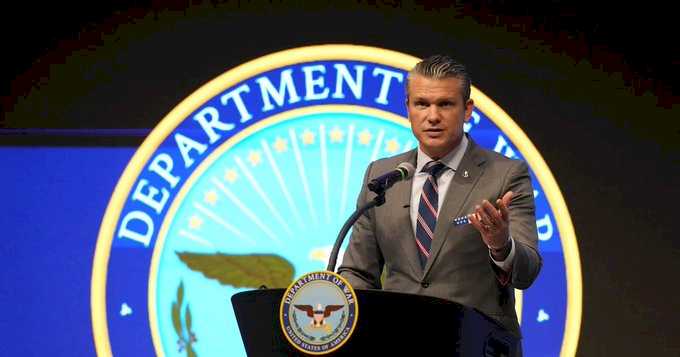

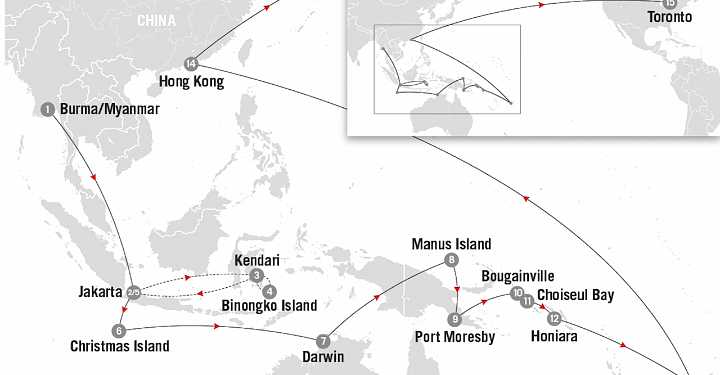


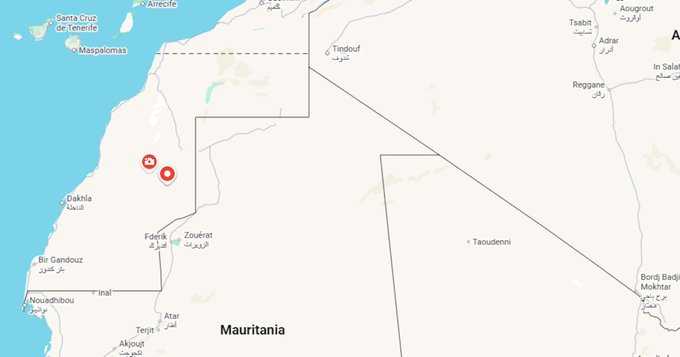
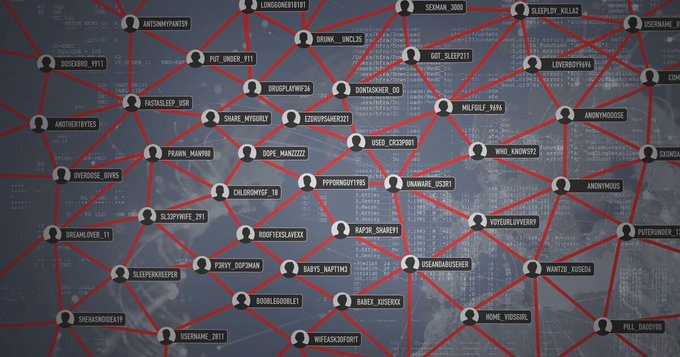
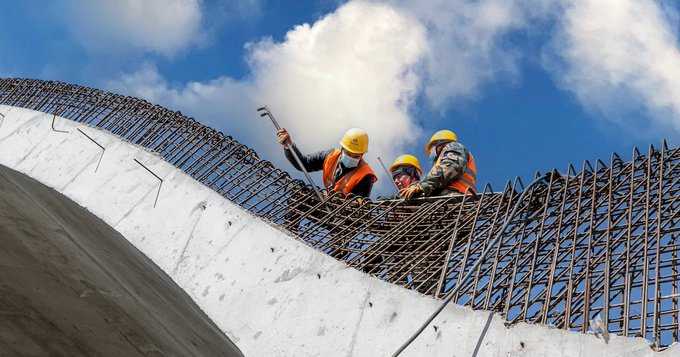
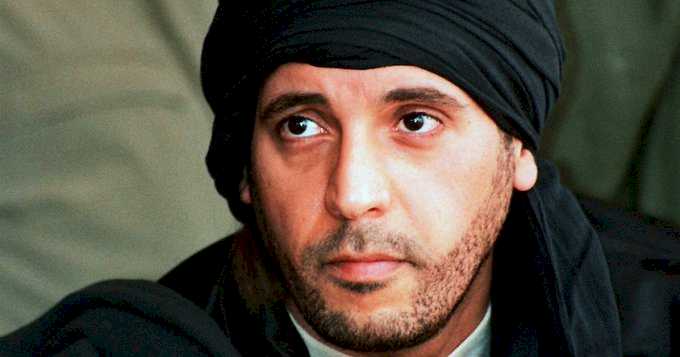
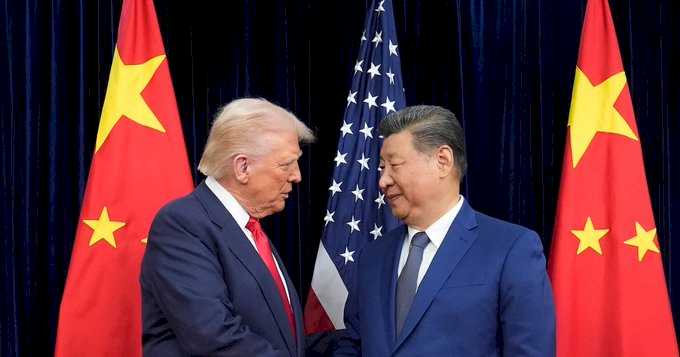
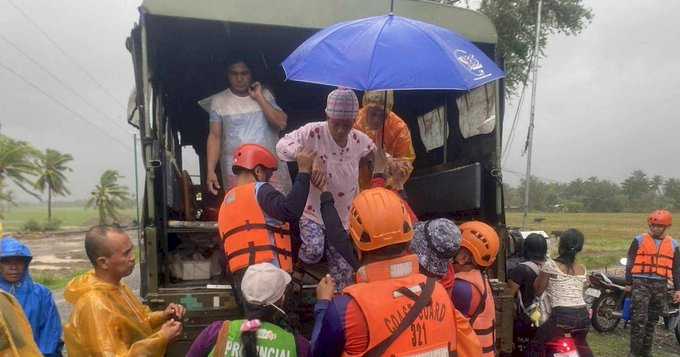
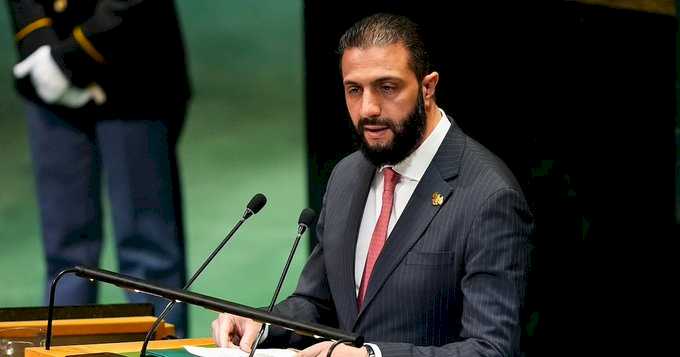
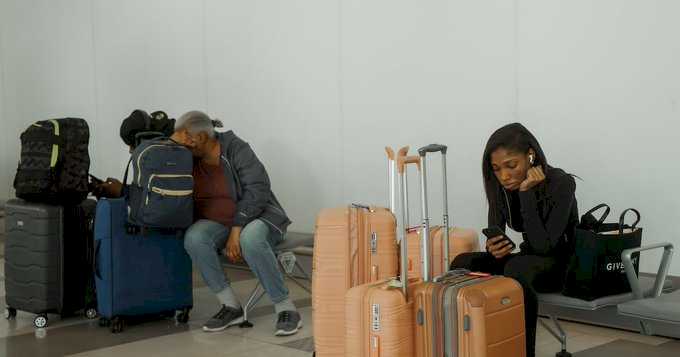
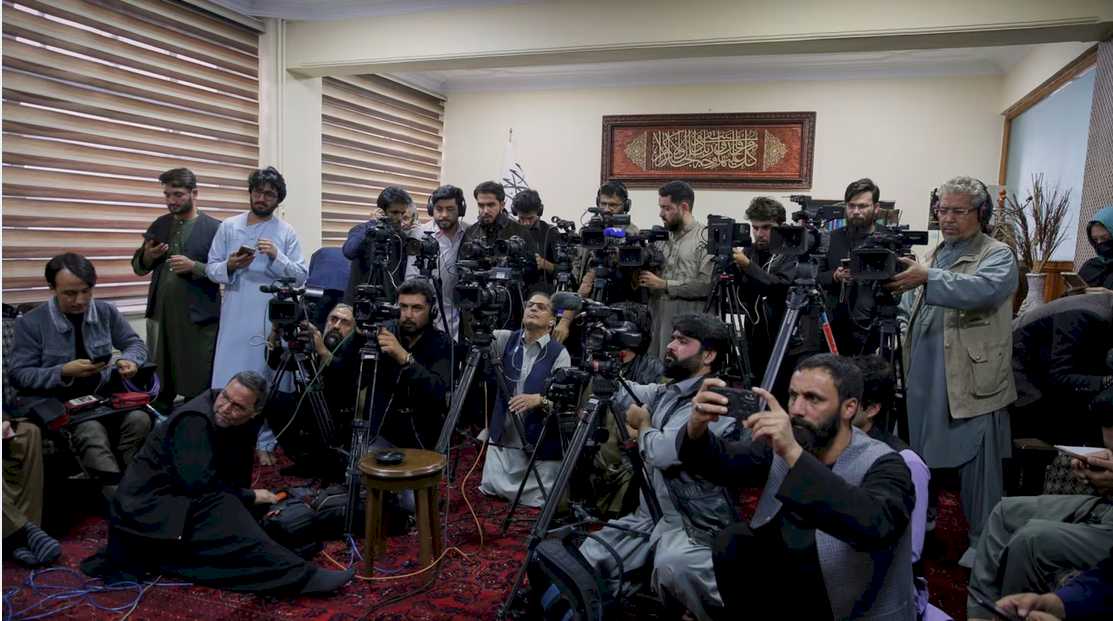



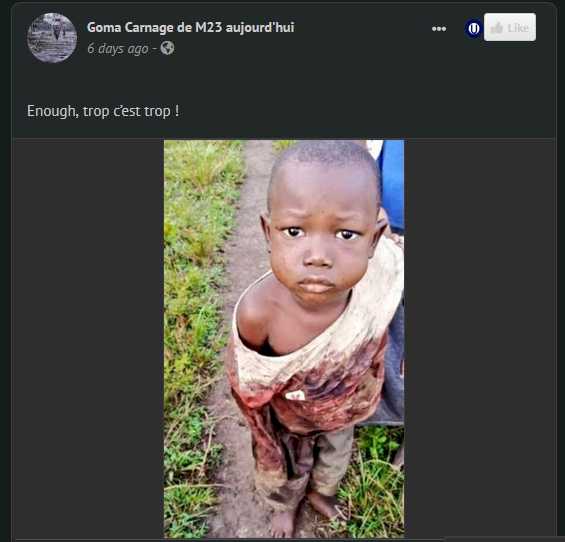
Global News on Umojja.com